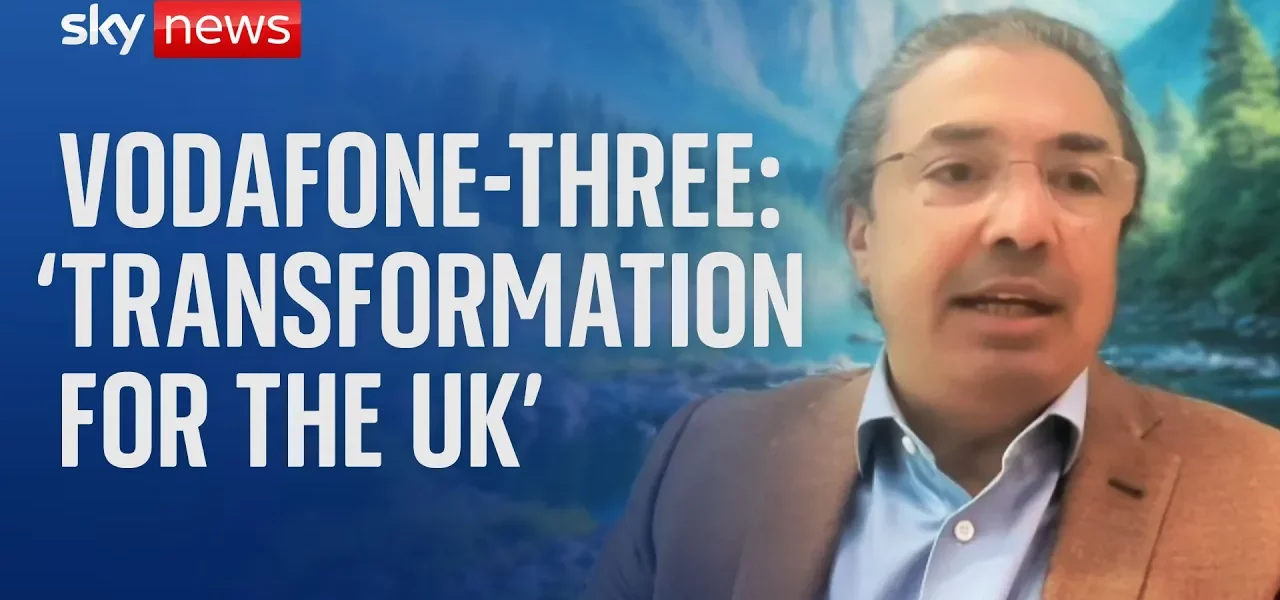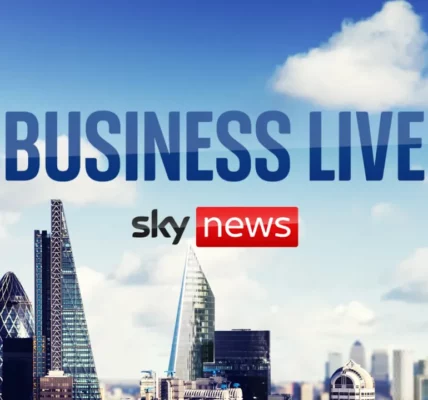Vodafone and Three Merger: Implications for UK Mobile Users

This article delves into the potential Vodafone and Three merger, examining its impact on competition, pricing, and service quality in the UK mobile market.
Introduction
The proposed merger between Vodafone and Three, valued at £15 billion, has sparked significant debate among consumers, regulators, and industry experts. As the UK braces for the largest mobile network consolidation, the Competition and Markets Authority (CMA) has issued a warning about the potential consequences for millions of mobile phone users. This article will explore the intricacies of the merger, the arguments from both sides, and what it could mean for the future of mobile communications in the UK.
Overview of the Merger
The merger aims to create the UK’s most extensive mobile network, consolidating 27 million customers under a single provider. However, the CMA has raised concerns that the merger could lead to higher prices and reduced competition in the market. Below are the main points surrounding the merger:
- Combination of Vodafone and Three’s resources.
- Potential for improved 5G network infrastructure.
- Concerns about reduced competition impacting consumer pricing.
Regulatory Concerns
Potential Price Increases
The CMA’s provisional findings suggest that consumers could face higher bills if the merger proceeds. Specifically, they argue that:
- Market competition would diminish, allowing for price hikes.
- Consumers may not receive the promised enhancements in service quality.
Comparison with European Markets
Vodafone and Three have indicated that the UK currently lags behind other European nations in 5G deployment. They argue that this merger could provide the necessary investment to advance the UK’s telecommunications infrastructure. However, the CMA remains skeptical about these claims, citing:
- Historical reluctance of merged companies to follow through on investment promises.
- Concerns about the actual distribution of improved services to consumers.
Arguments in Favor of the Merger
Investment in Infrastructure
Vodafone argues that the merger would lead to an £11 billion investment aimed at enhancing mobile services across the UK. Key points of their argument include:
- The creation of a more extensive and higher-quality network.
- Improved coverage in rural areas and underserved communities.
- Increased competition among providers due to a stronger market player.
Commitments to Consumer Benefits
Vodafone has made several commitments to address regulatory concerns, including:
- A legal binding agreement to ensure the promised level of investment.
- Commitments to equitable distribution of network resources.
- Plans for ongoing discussions with the CMA to address their concerns.
Market Reactions and Future Implications
Despite the CMA’s caution, Vodafone’s stock showed a nearly 1% increase following the announcement, indicating market confidence in the potential approval of the merger. This section explores:
- The impact of the merger on shareholder value and market dynamics.
- Predictions on how consumer pricing may shift following the merger.
- The long-term implications for competition in the UK mobile sector.
Conclusion
The proposed merger between Vodafone and Three is a complex issue with significant implications for mobile users in the UK. While the potential for enhanced services and infrastructure investment is promising, the concerns regarding price increases and reduced competition cannot be overlooked. As discussions with the CMA continue, it is crucial for consumers to stay informed about the developments and advocate for their interests. For further insights into telecommunications and consumer rights, explore our related articles.
“`




